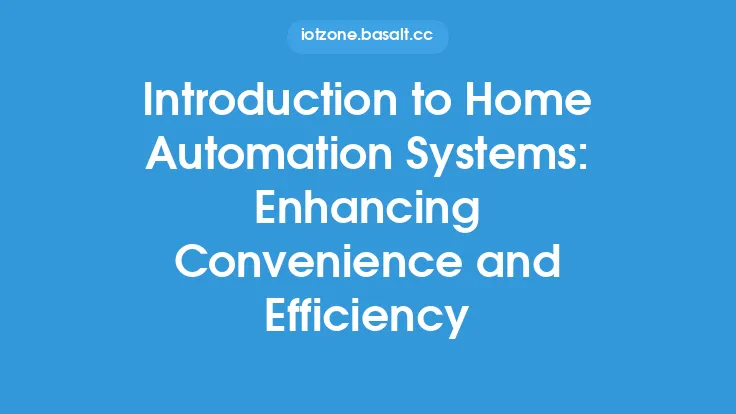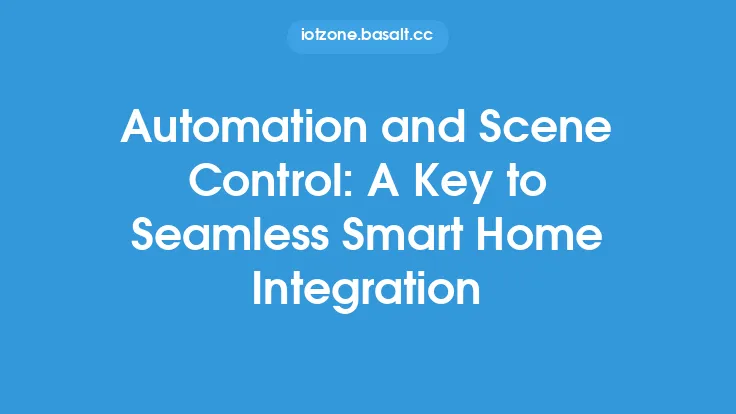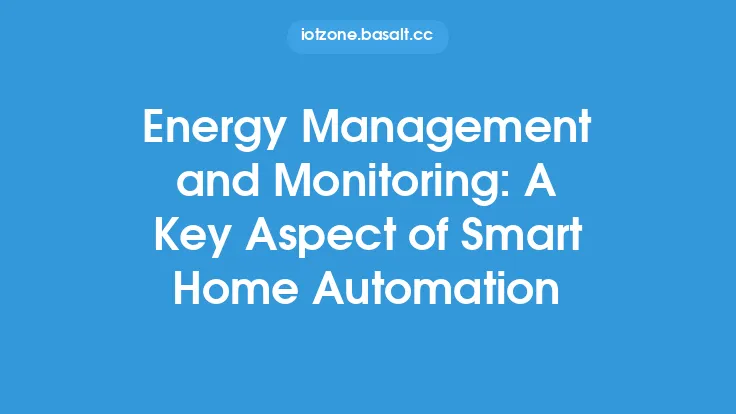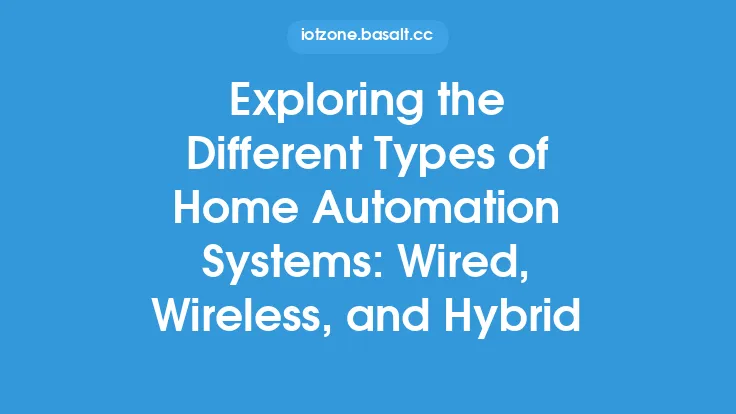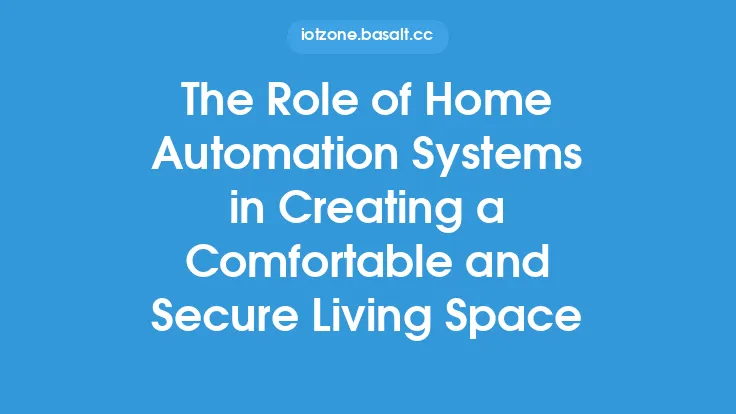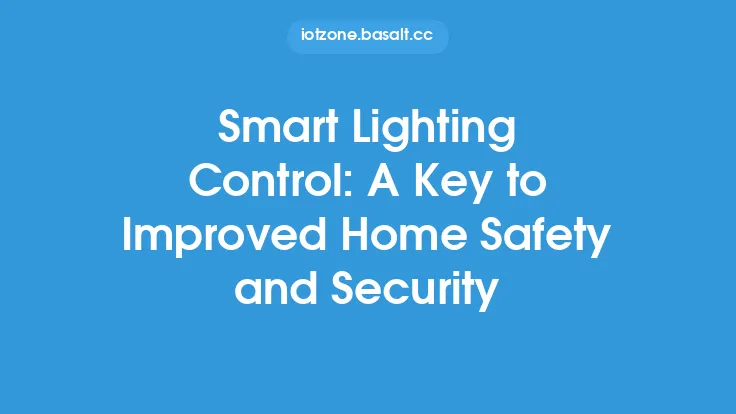The concept of home automation has been around for several decades, but it has only been in recent years that it has gained significant traction and attention. One of the primary reasons for this increased interest is the potential of home automation systems to contribute to energy efficiency and sustainability. As the world grapples with the challenges of climate change, environmental degradation, and resource depletion, the importance of reducing energy consumption and promoting sustainable living practices has become more pressing than ever. Home automation systems offer a powerful tool in this endeavor, enabling homeowners to optimize their energy usage, reduce waste, and create a more sustainable living environment.
Energy Efficiency through Home Automation
Home automation systems can play a crucial role in promoting energy efficiency by providing homeowners with the ability to monitor and control their energy usage in real-time. This can be achieved through the use of smart sensors, thermostats, and other devices that can detect occupancy, temperature, and lighting levels, and adjust energy consumption accordingly. For example, a smart thermostat can learn a homeowner's schedule and preferences, and adjust the temperature to optimize energy usage when the home is unoccupied or when the occupants are sleeping. Similarly, smart lighting systems can be programmed to turn off lights when not in use, or to adjust their brightness and color temperature based on the time of day and the amount of natural light available.
Sustainability through Home Automation
In addition to promoting energy efficiency, home automation systems can also contribute to sustainability by enabling homeowners to monitor and control their water usage, waste management, and other environmental factors. For example, smart water sensors can detect leaks and alert homeowners to potential water waste, while smart waste management systems can help to optimize recycling and composting practices. Home automation systems can also be integrated with renewable energy sources, such as solar panels and wind turbines, to provide a more sustainable and self-sufficient energy supply.
Technical Requirements for Energy Efficiency and Sustainability
To achieve energy efficiency and sustainability through home automation, several technical requirements must be met. First, the system must be able to communicate with various devices and sensors, such as thermostats, lighting systems, and security cameras, using standardized protocols such as Zigbee, Z-Wave, or Bluetooth. Second, the system must be able to process and analyze data from these devices in real-time, using advanced algorithms and machine learning techniques to optimize energy usage and detect potential issues. Third, the system must be able to integrate with other smart devices and systems, such as smart appliances and energy management systems, to provide a comprehensive and seamless user experience.
Implementation and Integration of Home Automation Systems
The implementation and integration of home automation systems require careful planning and consideration of several factors, including the type and number of devices to be controlled, the communication protocols to be used, and the level of user interface and control required. Homeowners can choose from a range of home automation systems, including DIY kits and professionally installed systems, depending on their budget, technical expertise, and specific needs. It is also important to consider the scalability and flexibility of the system, as well as its compatibility with other smart devices and systems, to ensure that it can adapt to changing needs and technologies over time.
Benefits and Challenges of Home Automation Systems
The benefits of home automation systems for energy efficiency and sustainability are numerous and well-documented. These include reduced energy consumption, lower utility bills, and a smaller carbon footprint. Additionally, home automation systems can provide a range of other benefits, including enhanced convenience, comfort, and security, as well as increased property value and appeal. However, there are also several challenges and limitations to consider, including the high upfront cost of some systems, the potential for technical issues and interoperability problems, and the need for ongoing maintenance and updates to ensure optimal performance and security.
Conclusion and Future Directions
In conclusion, home automation systems offer a powerful tool for promoting energy efficiency and sustainability in the home. By providing homeowners with the ability to monitor and control their energy usage, water consumption, and waste management, these systems can help to reduce waste, optimize resource usage, and create a more sustainable living environment. As the technology continues to evolve and improve, we can expect to see even more innovative and effective solutions for energy efficiency and sustainability, including the integration of home automation systems with other smart devices and systems, such as smart grids and renewable energy sources. By embracing home automation and other smart technologies, we can create a more sustainable, efficient, and comfortable living environment for generations to come.
